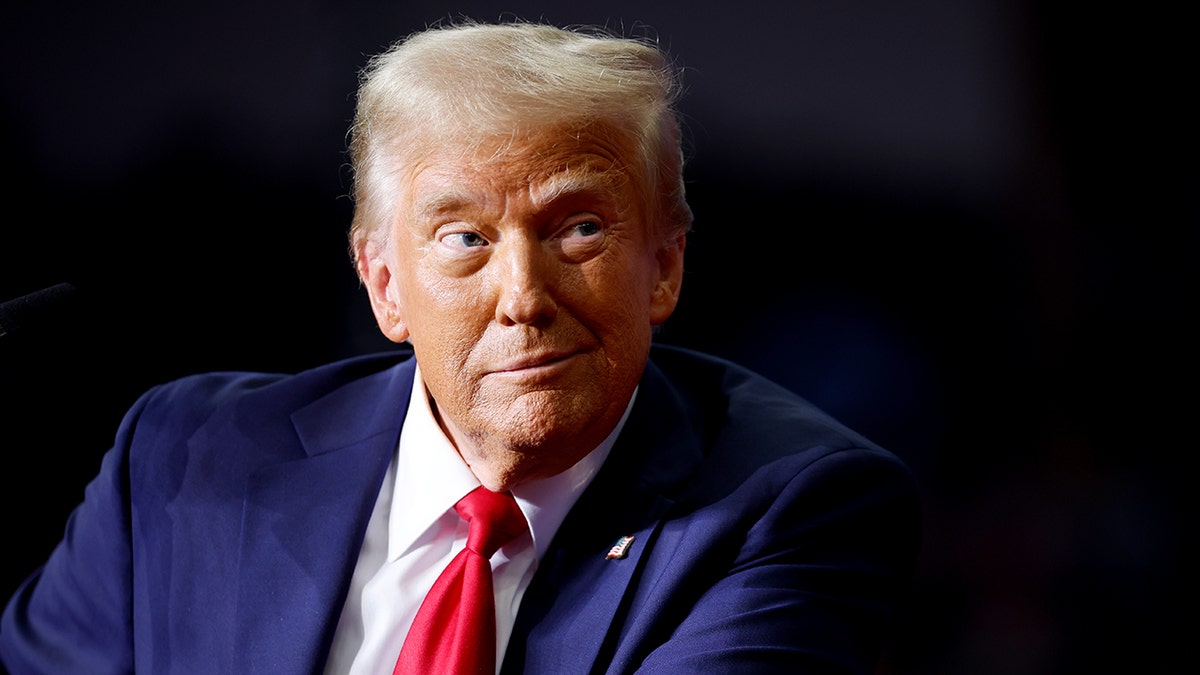Donald Trump's foreign policy pronouncements were often met with skepticism from established political circles. His background wasn't in traditional diplomacy, leading many to question his understanding of complex global issues. However, a retrospective analysis reveals a different picture: Trump's instincts on key foreign policy matters were often more accurate than those of seasoned experts.

Former President Trump at a campaign rally in Pittsburgh. (Chip Somodevilla/Getty Images)
China's Economic Practices
The prevailing wisdom was that supporting China's economic rise would transform it into a cooperative global partner. Trump challenged this view, arguing that China was exploiting the international trade system to the detriment of the United States. He asserted that China was stealing intellectual property, manipulating its currency, and unfairly subsidizing its industries. While many dismissed these claims, subsequent events have largely validated Trump's concerns.
Harnessing American Energy
Trump recognized the strategic importance of America's energy resources. He championed policies that boosted domestic oil and gas production, leading to lower energy prices and increased American economic growth. This also put pressure on countries like Russia and Iran, whose economies rely heavily on energy exports. The contrast with the Biden administration's energy policies, which have seen a rise in oil prices and increased revenue for these nations, is stark.

Rethinking Military Interventions
While both Democrats and Republicans largely supported the wars in Afghanistan and Iraq, Trump expressed early skepticism about their long-term viability. He questioned the cost in American lives and resources, and ultimately oversaw the withdrawal of troops from Afghanistan. This decision, while controversial, reflected his belief that these conflicts were not serving American interests.
Confronting Iran's Nuclear Ambitions
Trump withdrew from the Iran nuclear deal, arguing that it was ineffective and enriched a regime hostile to the United States. He imposed tough sanctions on Iran and took decisive action against its military leadership. This approach, while criticized by some, put significant pressure on Iran and disrupted its regional ambitions.

Brokering the Abraham Accords
Trump broke with decades of diplomatic orthodoxy by prioritizing Arab-Israeli peace over resolving the Palestinian issue. This approach, combined with his energy policies that reduced Arab states' reliance on oil revenue, led to the historic Abraham Accords. These agreements normalized relations between Israel and several Arab nations, a breakthrough that had eluded previous administrations.

Pressuring NATO Allies
Trump consistently pressed NATO allies to increase their defense spending, arguing that the United States was shouldering an unfair burden. His persistent demands ultimately led to increased defense contributions from several NATO members.

Trump's foreign policy decisions often defied conventional wisdom. He prioritized American interests, challenged established norms, and employed unconventional tactics. While his methods were sometimes controversial, his insights on several key issues proved to be prescient.
Comments(0)
Top Comments